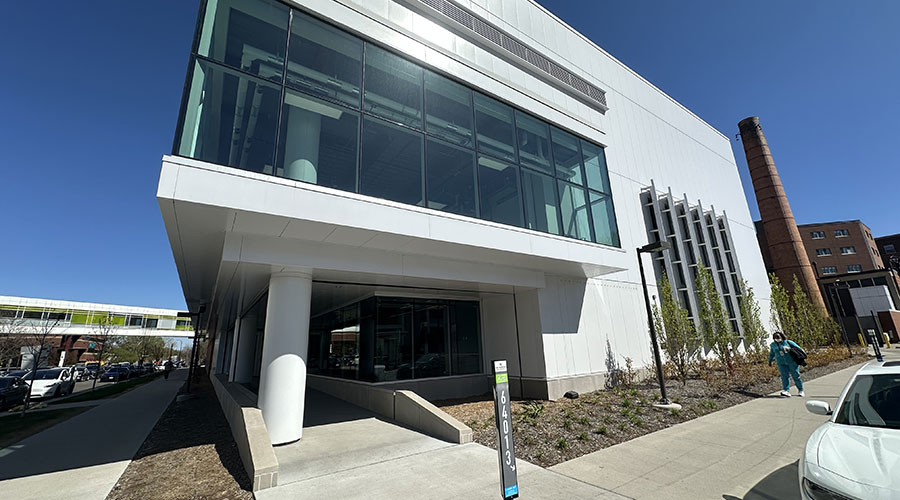Performance Contracting Requires Understanding Facility Needs
Organizations enter into a performance contract for several common reasons.
"Companies share the common goal of wanting to reduce operating and maintenance expenses while improving (their) core infrastructure and reducing their environmental footprint," McElhaney says. "Performance contracting offers customers the opportunity to address critical infrastructure needs without tapping into existing budget dollars."
Among the specific goals of a performance contract these days are sustainability, reduced operating costs, and facility renewal, Daigneault says, adding that sustainability and facility renewal often have extended payback periods, which can conflict with an organization's desired return on the project.
"These three priorities can be balanced through the inclusion of energy-efficiency measures with short returns on investment," he says. The job of the ESCO is to identify and recommend improvements within the payback period to achieve the cost reductions, to analyze the impact of incorporating longer-payback improvements, and to help prioritize those improvements based on facility needs and capital plans, he says.
Because facilities generally inherit the finished projects, managers also need to ask questions upfront about the products and technology that comprise the projects.
"If a customer has a specific product or brand preference, communication is the key, and these preferences should be discussed early on so the ESCO can weigh the impact of the preferences and include them in design scenarios," McElhaney says. Customers also might want to select an ESCO that is product neutral to ensure the final design reflects a product and system solution that meets the organization's needs.
"In most cases, facility personnel will take the brunt of complaints if something doesn't work as anticipated, even if the ESCO is offering maintenance on the product," Daigneault says. "Ultimately, they must be comfortable with what is installed."
Avoiding Disruptions
The planning phase also needs to address the way the project will unfold to prevent disruptions to key facility operations.
"While an ESCO will attempt to minimize operational impacts, there is no way to avoid all impacts," Daigneault says. During the planning phase, the ESCO should discuss an implementation approach that limits the impact and refines the approach into an acceptable plan for the customer.
"Some clients are unable to impact daytime operations at all, such as many K-12 schools, and off-hour implementation is a requirement," he says. "Others have the ability to shift operations to other parts of a facility or to schedule most construction during periods of low to no occupancy."
Monitoring Success
The process of performance contracting is far from over when construction wraps up. Managers need to attend to the business of defining an accurate baseline for energy and water use, then conduct post-commissioning measurement and verification, all to determine if the plans and new equipment have delivered the anticipated savings.
"A thorough, investment-grade energy audit includes details on baseline conditions and key operational criteria," Daigneault says. "The customer must review and understand these assumptions during the audit phase, then work with the ESCO to determine who will be responsible in the event they change over time." Managers also must account for changes they make to systems after the ESCO's work is complete.
"When an ESCO presents an anticipated level of savings, it's based upon a specific set of operational criteria," he says. "Changes to those criteria, such as number of occupants or space temperatures, can have a significant impact on the savings a customer will see on their utility bills."
Related Topics:













